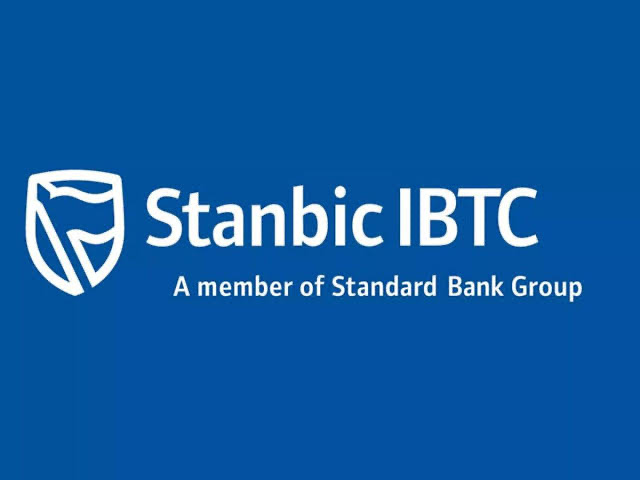Stanbic IBTC Bank Nigeria PMI: Recovery From Cash Crisis Continues In May
By People’s Voice Nigeria | News
The latest PMI data indicated that the Nigerian private sector continued to recover from the cash crisis in May as access to money improved and business conditions returned to normality. Output and new orders expanded for the second month running, with the latter increasing at the fastest pace in just over a year. Confidence remained historically subdued, however, meaning that firms continued to operate with a cautious approach with regard to hiring. Input costs rose sharply again, with output prices rising accordingly. That said, the rate of selling price inflation eased to its weakest level since April 2020. The headline figure derived from the survey is the Stanbic IBTC Bank Purchasing Managers’ Index™ (PMI®).
Readings above 50.0 signal an improvement in business conditions in the previous month, while readings below 50.0 show a deterioration. The headline PMI posted above the 50.0 no-change mark for the second month running in May, following the two-month sequence of decline seen around the worst of the cash crisis in the first quarter of the year. At 54.0, up from 53.8 in April, the index signaled a solid improvement in business conditions that was the most marked in 2023 so far. With access to cash improving, customer numbers increased, enabling firms to secure greater volumes of new orders in May.
New business was up sharply, with the rate of expansion the fastest since April 2022. Similarly, business activity rose for the second month running and at a marked pace. Here, the expansion was slightly softer than in April, however. The activity was up across each of the four broad sectors covered, with growth led by wholesale & retail. Although higher new orders encouraged firms to increase their staffing levels for the first time in four months during May, the rate of job creation was only marginal amid signs that spare capacity remained in the private sector. The weak pace of employment growth also partly reflected a relatively softer sentiment regarding the year-ahead outlook for activity. Although business expansion plans and predictions of further improvements in new orders supported positive forecasts, confidence dipped and was the second lowest on record.
More positively, firms increased their purchasing activity at a rapid and accelerated pace, with higher input buying helping companies to expand their inventories. Purchase prices continued to rise sharply, albeit at a slightly softer pace than in the previous survey period. Higher costs for agricultural inputs such as animal feeds and rising prices for industrial raw materials were often mentioned. Staff costs were also up as companies offered higher pay to employees to reflect greater workloads. Although output prices rose markedly in response to higher costs, the pace of inflation eased to its softest in just over three years as some firms offered discounts to stimulate demand.

